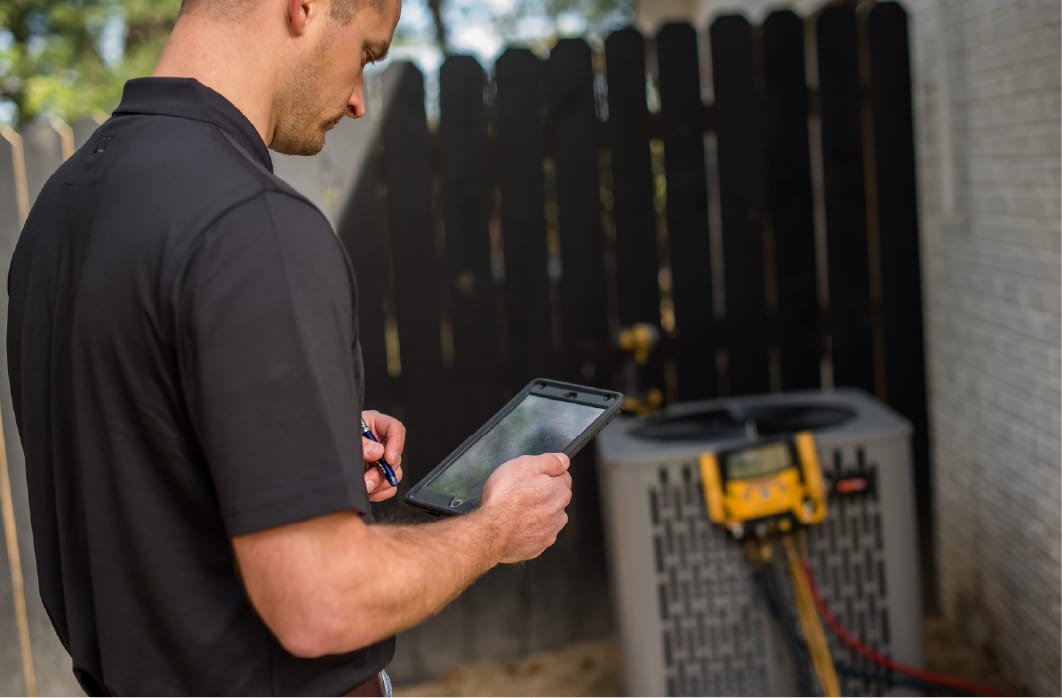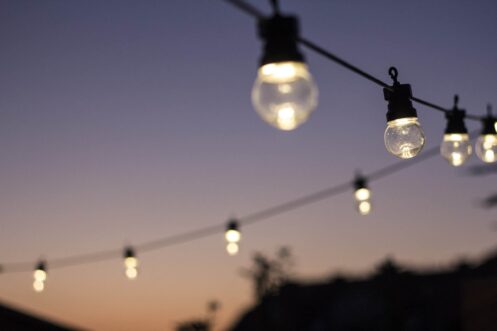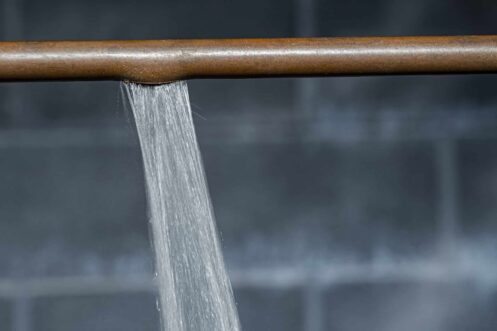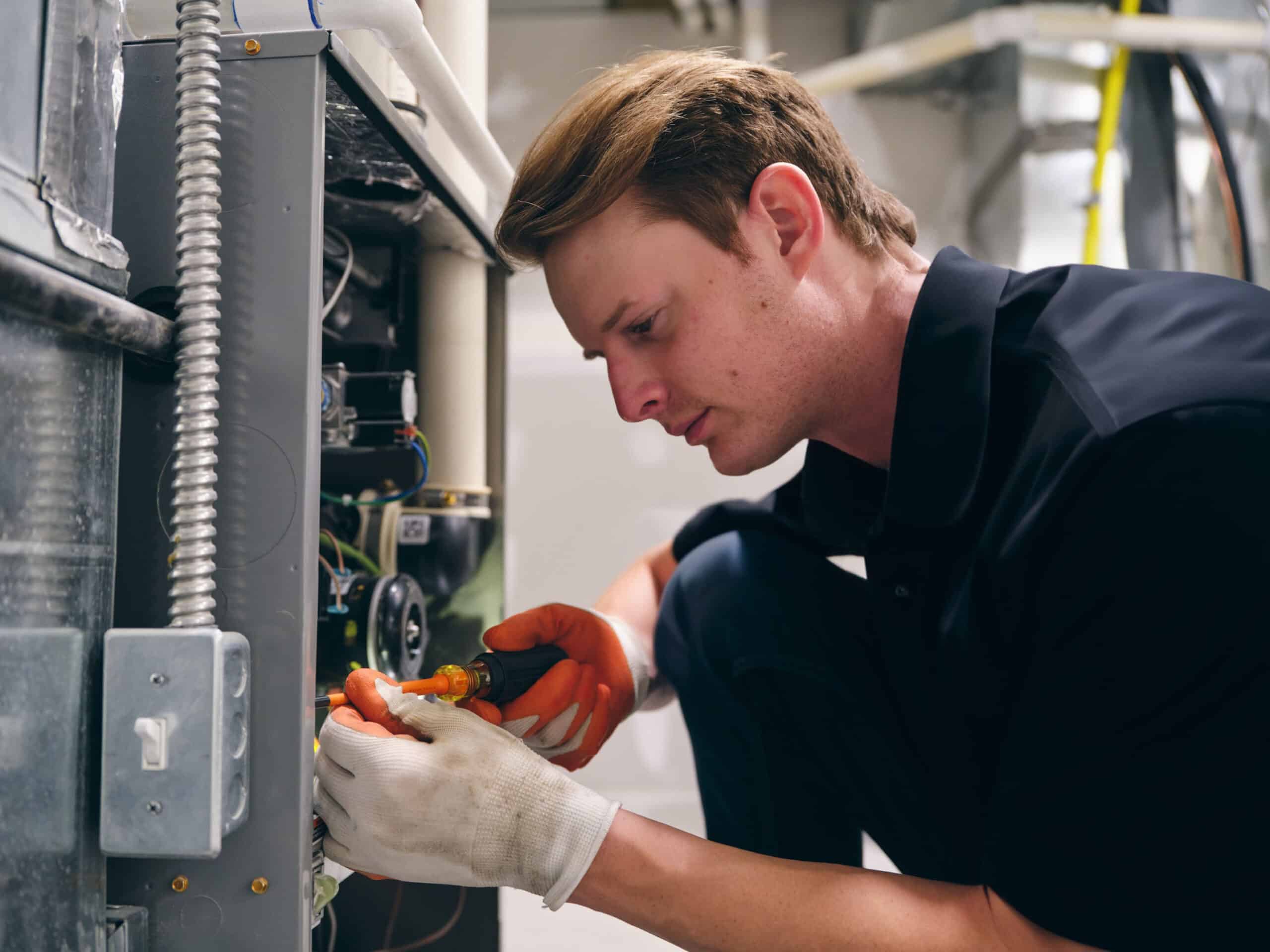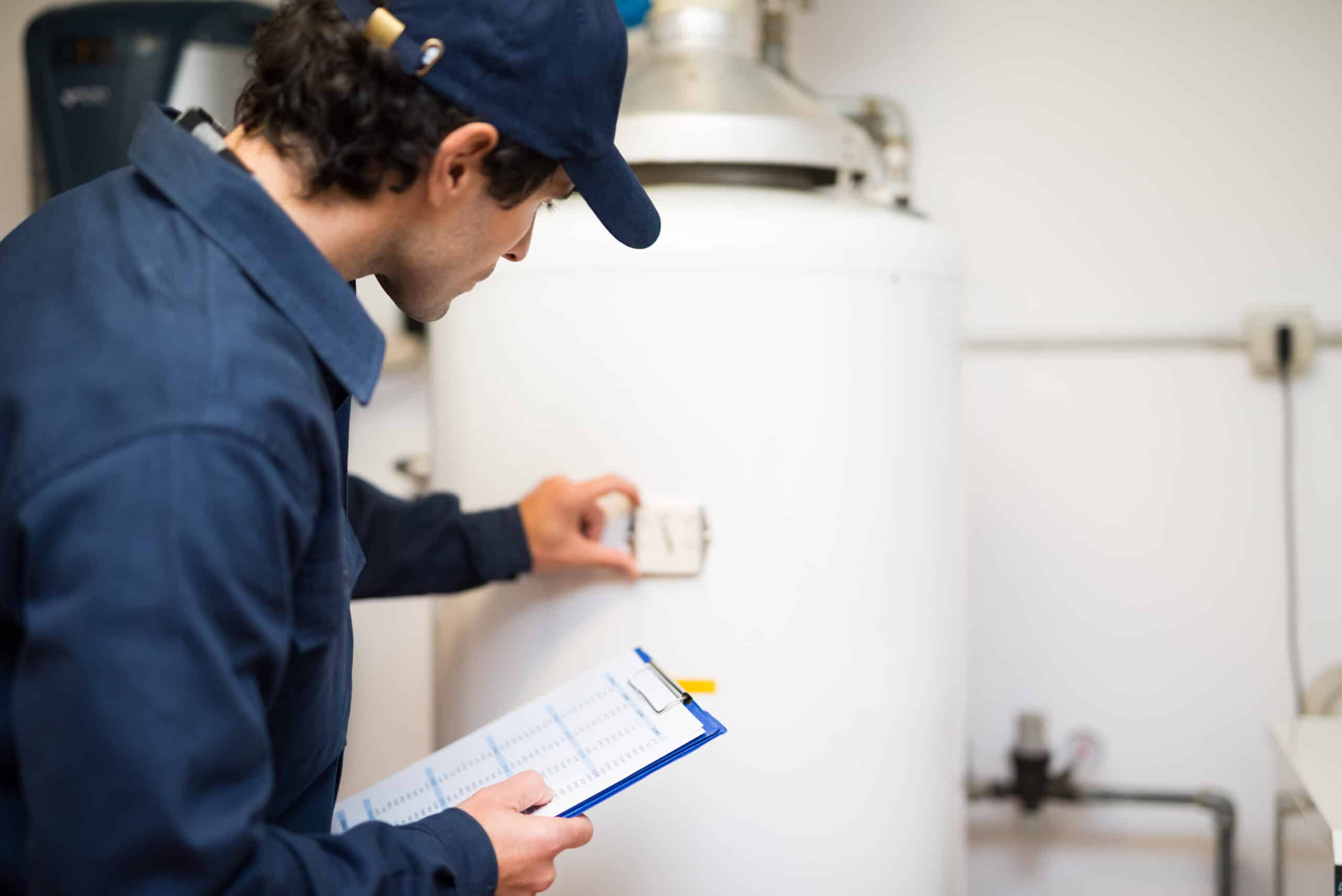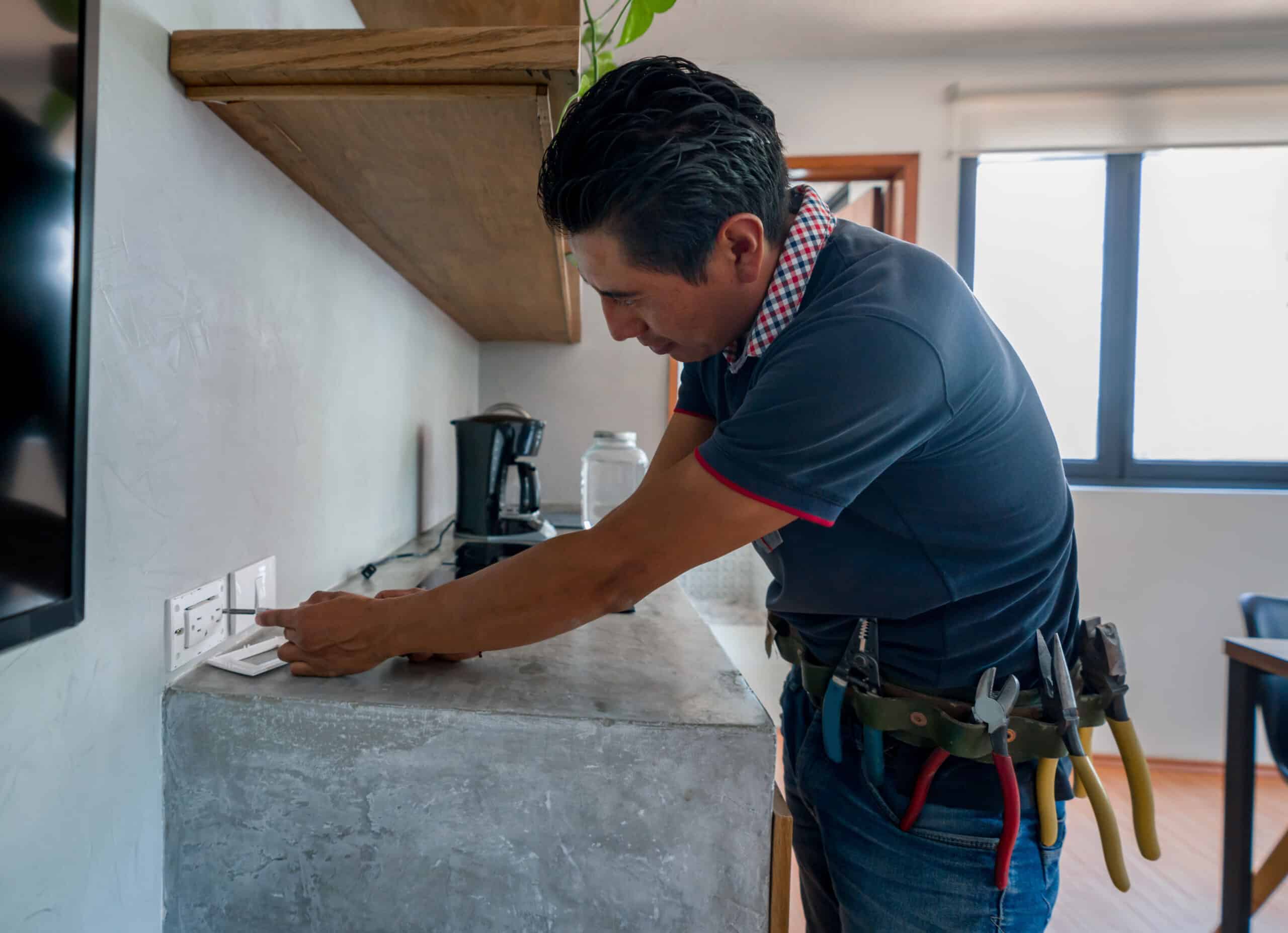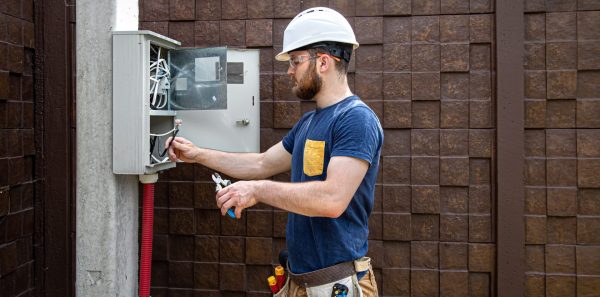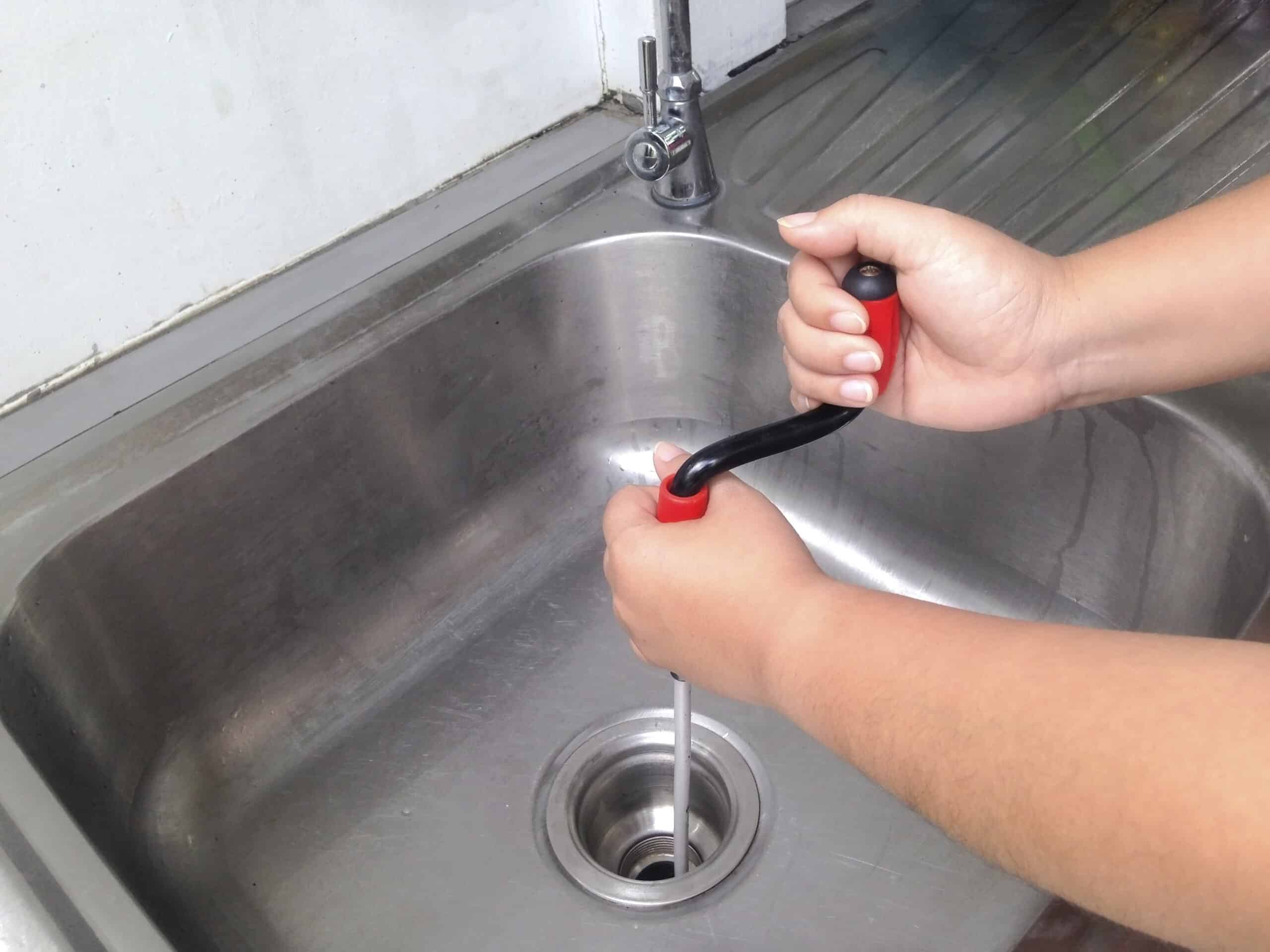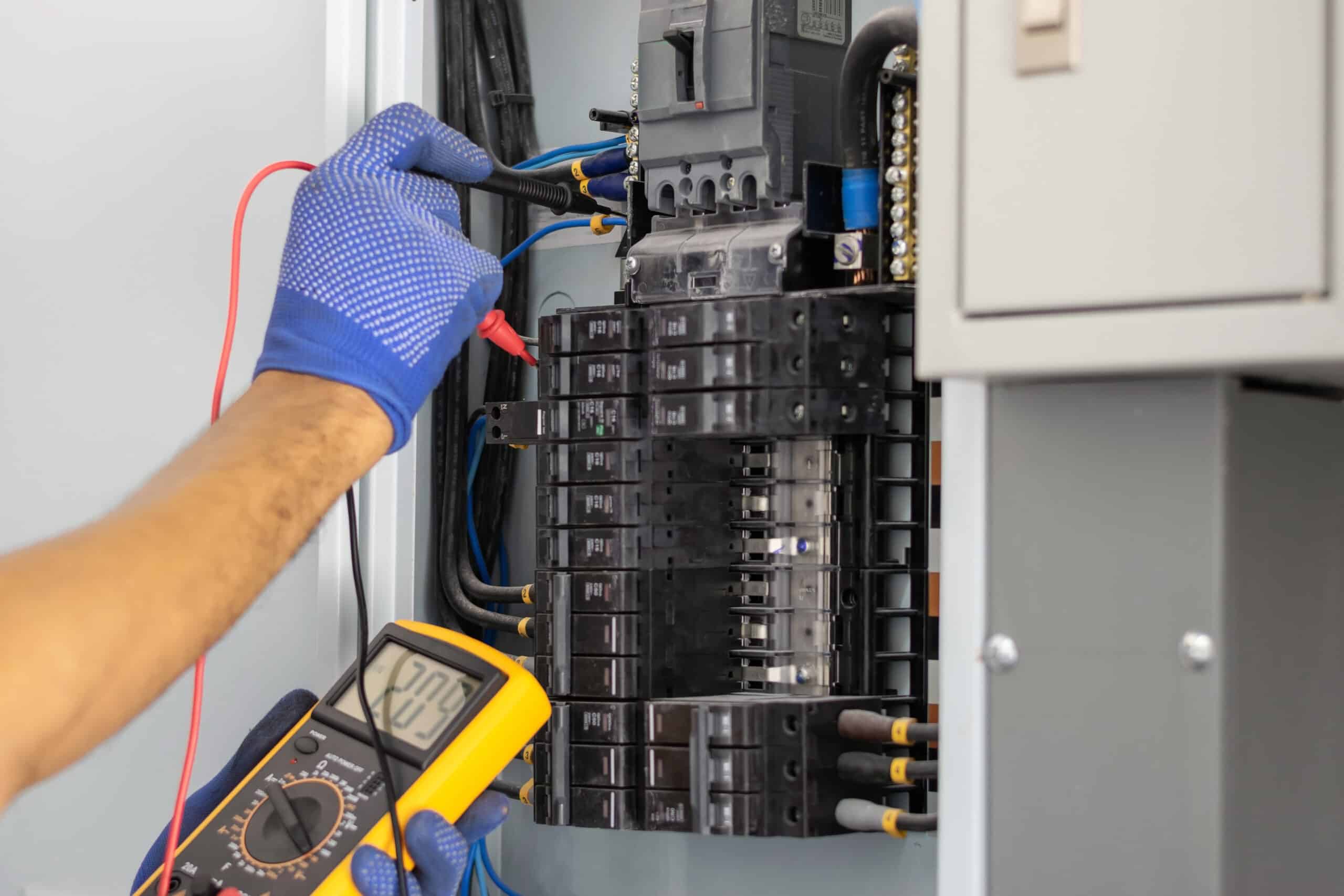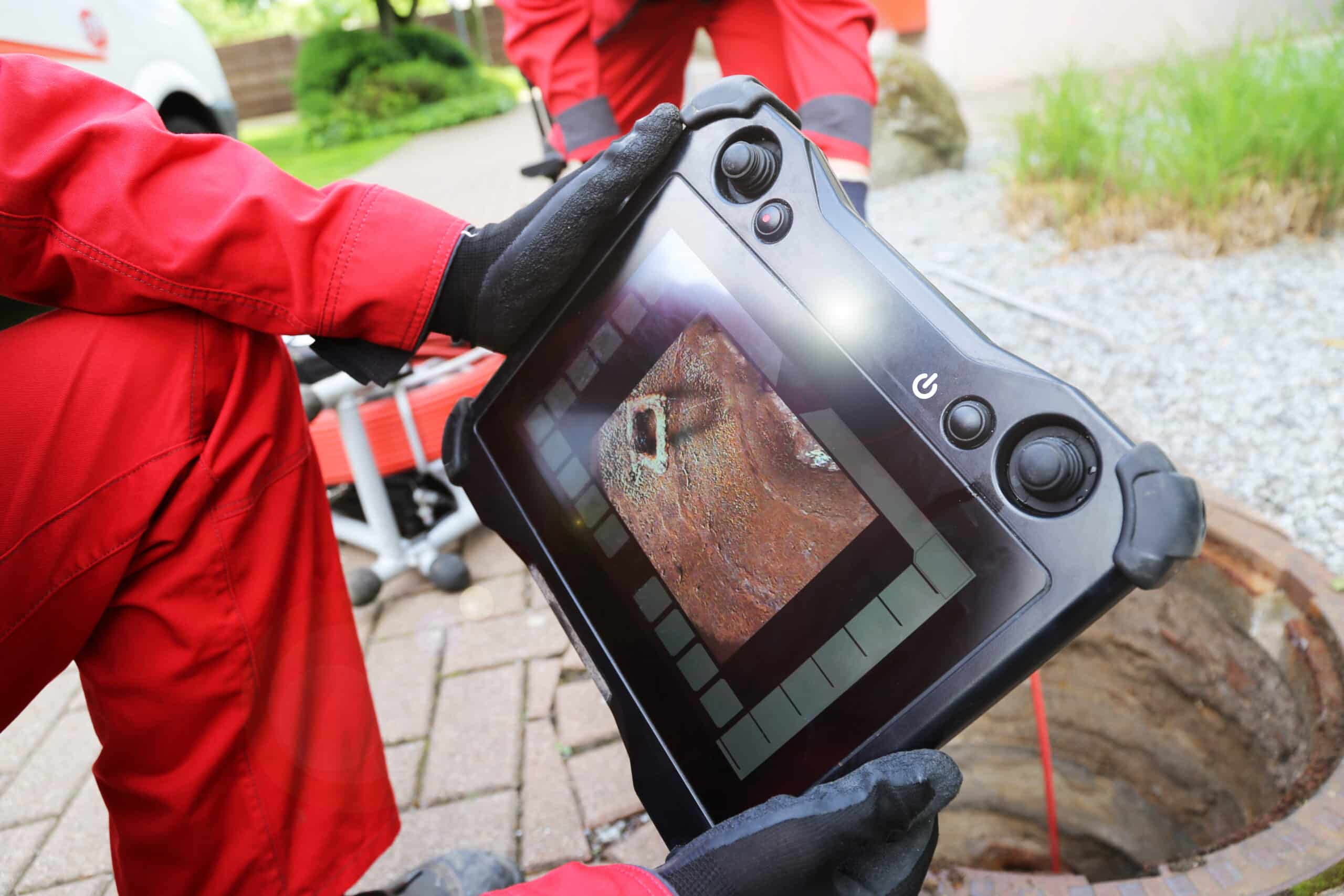Air conditioning is a major component of your HVAC system. You rely on it to keep you cool during the hot summer months. However, air conditioners can develop problems that can affect their performance. Here are the top 10 air conditioning problems you will want to know.
10. No Air At All
This is a common problem that many homeowners face with their air conditioning systems. If no air is coming out of the registers, there could be several reasons behind it.
Sometimes, the fan on your outdoor unit is not working. In these cases, it can cause the system’s compressor to overheat and potentially trip the breaker.
A tripped breaker is one of the most common reasons for an AC unit not working. An electrical issue can contribute to these issues. Resetting the breaker often solves the problem. If it keeps tripping, that could indicate a more serious issue.
The blower belt in your AC unit helps circulate air throughout your home. If this belt is broken or worn out, it can prevent air from coming out of the registers.
Another issue may be the thermostat. If the thermostat isn’t working properly or is set to the wrong temperature, it might not signal your AC unit to cool your home.
Problems with the control board or wiring can prevent your AC unit from receiving the signal to operate.
9. Air Conditioner Isn’t Turning On
The thermostat controls your home’s temperature by communicating with your air conditioning system. When it doesn’t work, it might not get the signal to turn on. Make sure your thermostat is set to “cool.” The desired temperature should be lower than the current room temperature.
Your air conditioner uses a significant amount of electrical power. An overload in the electrical circuit can cause the breaker to trip as a safety measure to prevent damage or fire. Check your home’s electrical panel to see if the breaker has tripped.
Problems with the wiring can interrupt the power supply to your air conditioner, preventing it from turning on. Frayed wires, loose connections or corrosion can affect your AC’s performance.
8. No Cold Air
Dirty filters or compressors are the most common reasons for no cold air. If these components in your AC unit are dirty, it can prevent the unit from cooling the air properly. Regular cleaning or replacement of filters can help solve this issue.
Another common issue is low refrigerant levels. Air conditioners need refrigerant to cool the air. If the refrigerant level is low, the AC unit may not cool the air effectively.
On the other hand, if your AC’s evaporator coils are frozen, it can affect the unit’s ability to cool air. This can happen if the unit is overworked, such as on a very hot day, or if there is a mechanical problem.
7. Low Fluids
Refrigerant is the substance that air conditioners use to remove heat and humidity from the air in your home or business. If your system is low on this fluid, it was either undercharged at installation or it has a leak.
If it is undercharged, you’ll need to have a technician add more. However, if you suspect a leak, you will need a professional to identify and fix the leak before adding more refrigerant.
Unfortunately, refrigerant leaks can be harmful to the environment. Plus, they can also cause your system to work inefficiently, leading to increased energy costs and decreased cooling capacity.
6. Blowing Hot Air
If your air conditioner is blowing hot air, it could be due to several reasons. One common cause is a dirty air filter. When they get clogged, they can restrict airflow, causing the air conditioner to work harder and eventually blow hot air.
Another reason could be issues with the outside unit. If the outside unit is not operating, it could mean there’s a problem with the power supply, the thermostat or even the motor itself.
Also, leaves or other debris obstructing airflow around the outside unit can prevent the system from effectively cooling the air. Regular maintenance and cleaning of the outside unit can help prevent these issues.
5. Leaks
Air conditioning units work by removing heat and humidity from the air. This process can create condensation. Normally, this condensation is drained away from the unit and doesn’t cause any problems.
However, if you notice water leaks around your unit, it could indicate a problem with the condensation drain. The drain could be blocked or damaged, preventing the condensation from being properly removed. This can lead to water pooling around the unit, which can cause more damage if not addressed.
4. High Humidity Levels
If your home feels humid even when the air conditioner is running, it could indicate a problem with your unit’s ability to dehumidify your home properly. Air conditioners not only cool the air but also reduce humidity levels.
The AC unit might be too large for your home. Oversized units cool the air so quickly that the system doesn’t have time to remove the humidity effectively.
High humidity could also be a sign of poor ventilation in your home. High indoor humidity can lead to mold growth and other moisture-related problems.
3. Frequent Repairs
Frequent
cooling repairs can be a sign of an aging system that’s nearing the end of its useful life. As an air conditioner ages, its components can start to wear out and break down. This can lead to an increased need for repairs. Not only can this be inconvenient, but the cost of frequent repairs can also add up over time.
In some cases, the cost of repairing an old unit can even exceed the cost of installing a new one. Additionally, older units are often less efficient than newer models. Replacing a unit could also lead to savings on your energy bills.
2. Increased Energy Bills
If you notice a significant increase in your energy bills without a corresponding increase in usage, it could indicate that your air conditioner is not running efficiently.
Over time, wear and tear, dust and debris or outdated technology can cause your unit to run less efficiently. This means it has to work harder and run longer to achieve the same cooling effect. You may notice higher energy consumption and higher energy bills.
1. Short Cycling
Another common problem with air conditioning units is short cycling. This happens when the AC unit turns on and off in quick succession without cooling the room. This could indicate an oversized AC, meaning the unit is too large for the space it needs to cool. It could also indicate a refrigerant leak or a problem with the thermostat.
Short cycling can increase wear and tear on your AC and decrease its lifespan. It can also result in higher energy costs and a less comfortable home environment.
Eck Services is there for you when you need a
home AC company in Pratt, Kingman, Wichita or other surrounding areas in Kansas. We offer a range of services, including heating, cooling, plumbing and electrical services. You’ll appreciate our fast service times, reasonable pricing and exceptional services. Our dedication and affordability have earned us the trust of many customers. Contact us to schedule your next home service!


